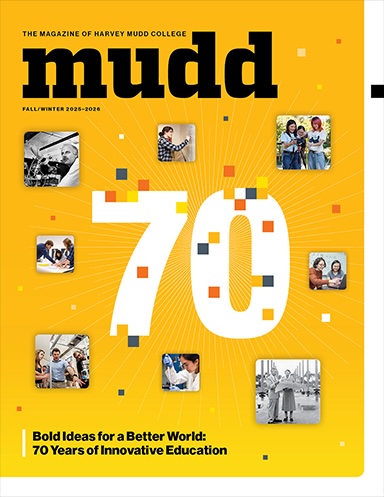Kapor Center Funds CS Equity Study
December 12, 2017
Harvey Mudd College computer science professor Colleen Lewis believes that providing equitable access to computing careers, especially for women of color, is vital to social justice. She also believes that equity can be achieved and is taking steps to make it happen.
Lewis recently applied for and was awarded a $10,000 private grant from the Kapor Center for Social Impact. Using the funds, she has begun a qualitative study of the Summer Math and Science Honors Academy (SMASH), which provides a three-year program of rigorous five-week, summer STEM enrichment residencies for students of color. The program gives students access to mentors, role models and support networks in addition to STEM education. SMASH computer science coursework is designed specifically to address the social and psychological needs of the participants.
However, studies of the SMASH program have shown that even with its intentional design, the program’s outcomes fall short of the expectations, for example, the men who participate end up pursuing computer science at the college level at higher rates than the women who participate.
“I think the big thing that previous research has done is draw attention to the fact that people of color are afforded fewer opportunities to learn CS,” says Lewis. “That’s an obvious problem, but one that I’m not in a great position to address. However, I can look at ways in which we should support women of color (or all students of color) when they do get the opportunity to learn CS. I believe that other people are working on expanding access, and I’m working on preparing advice for those institutions and teachers so that they can provide the instructional context that is as good as possible.”
Lewis has hired two computer science students to assist her in her research. The team will interview SMASH participants to further explore SMASH participants’ perceptions of computer science, computer scientists and the SMASH computer science classroom experience. The goal is to find out what explains SMASH participants’ perceptions of STEM as inequitable and unwelcoming.
“This is really the perfect context to understand the experiences of these students learning computer science,” says Lewis, “because SMASH already addresses the lack of access, poor pedagogy and curriculum problems.”
After Lewis and her team collect the data, they’ll analyze it to determine the best path to improving the effectiveness of SMASH for women of color and developing research findings that are broadly applicable.
“Like many people, I want to do my part to make the world a better place,” says Lewis. “I’m uniquely positioned to help try to understand and address inequity and injustice in CS education. Is this the biggest problem facing humanity? No. But it might be the way I can help make the biggest change.”
